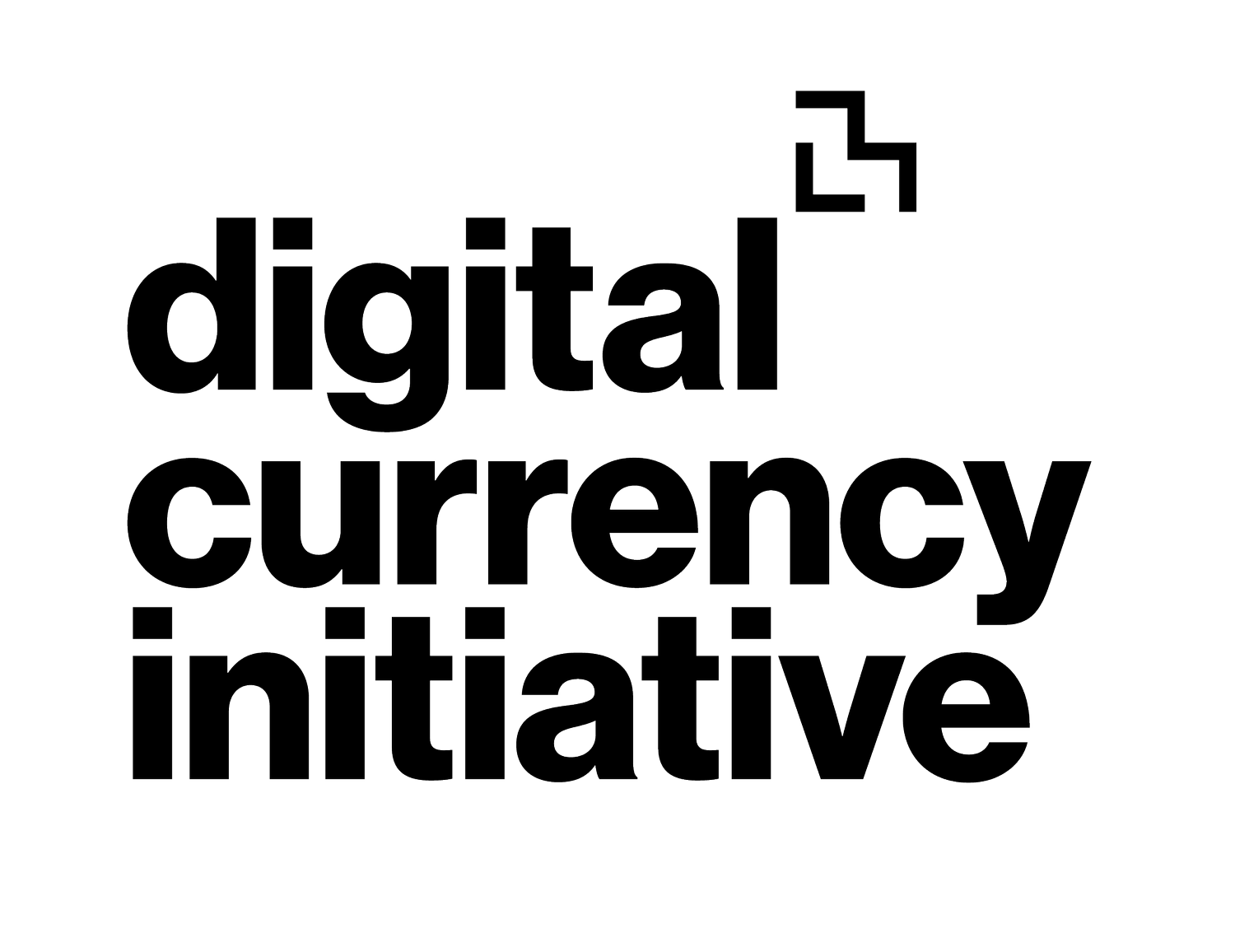Future of Financial Infrastructure
The Digital Currency Initiative researches how digital assets and decentralized technologies can reimagine the future of financial infrastructure—making it more efficient, resilient, inclusive, innovative, and privacy-preserving.
Our work in this space began with early research into public digital money and the tokenization of government-issued currency. Through our OpenCBDC/Project Hamilton collaboration with the Federal Reserve Bank of Boston, we developed a high-performance, open-source transaction processor that has become a global reference point for modern payment system research and development. Research supported by the Gates Foundation addressed the human side of digital currency, investigating how design choices impact user needs, access, and inclusion, particularly in low- and middle-income countries.
Today, we approach the future of financial infrastructure more broadly. Our research includes stablecoins and asset tokenization, the design of secure and scalable digital payment systems, interoperability across traditional and emerging financial networks, and safeguards for privacy and consumer rights in digital ecosystems. We aim to embed democratic values—such as autonomy, transparency, accountability, and privacy—into the foundations of next-generation financial systems.
We work with public, private, nonprofit, and academic organizations around the world. Our collaborators have included other central banks such as the Bank of England, Bank of Canada, and the German Bundesbank; global technology and financial firms like Google, PayPal, and JPMorgan Chase; nonprofit institutions including MITRE and the Gates Foundation; and research agencies such as the National Science Foundation.
Questions Driving the Future of Financial Infrastructure research track:
What are the design trade-offs between performance (scalability and latency), security, and privacy in digital currency transaction processing systems?
How can digital representations of value—such as stablecoins or tokenized deposits—achieve interoperability across different platforms and regulatory regimes?
What cryptographic and systems-level techniques can enhance user privacy while maintaining verifiability and auditability in digital payment systems?
How can programmable money and composable financial infrastructure be designed to support innovation without increasing systemic risk?
What roles should public and private institutions play in issuing and governing digital forms of money?
